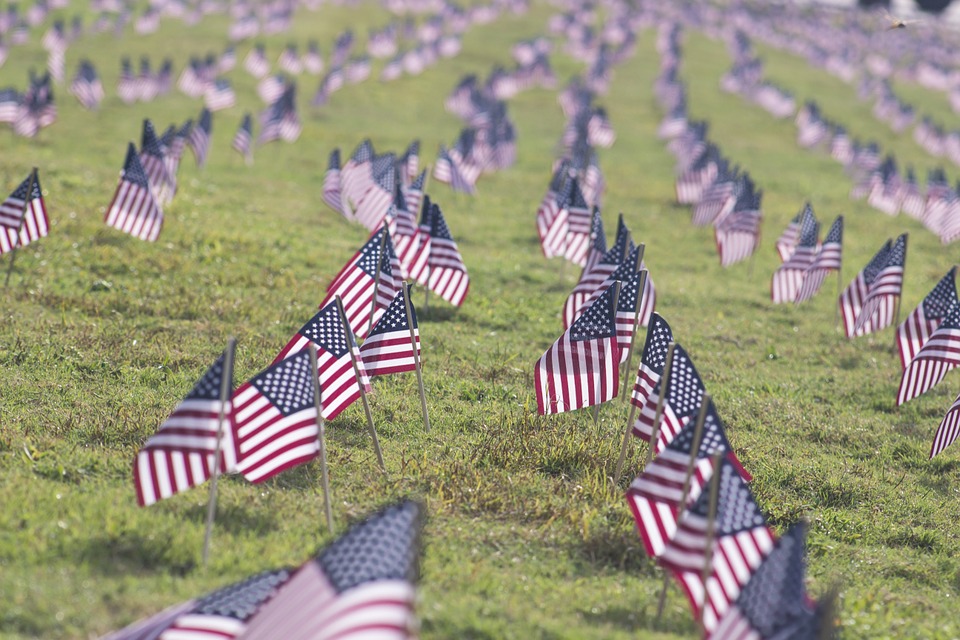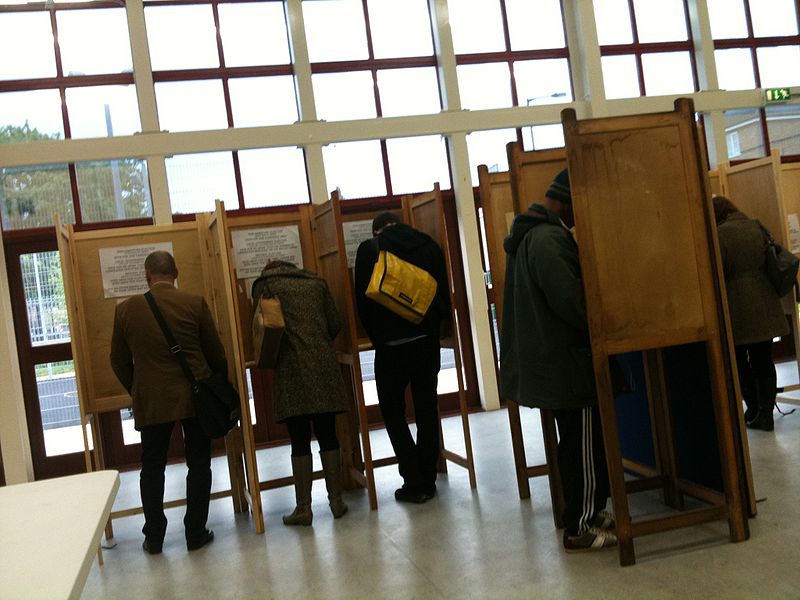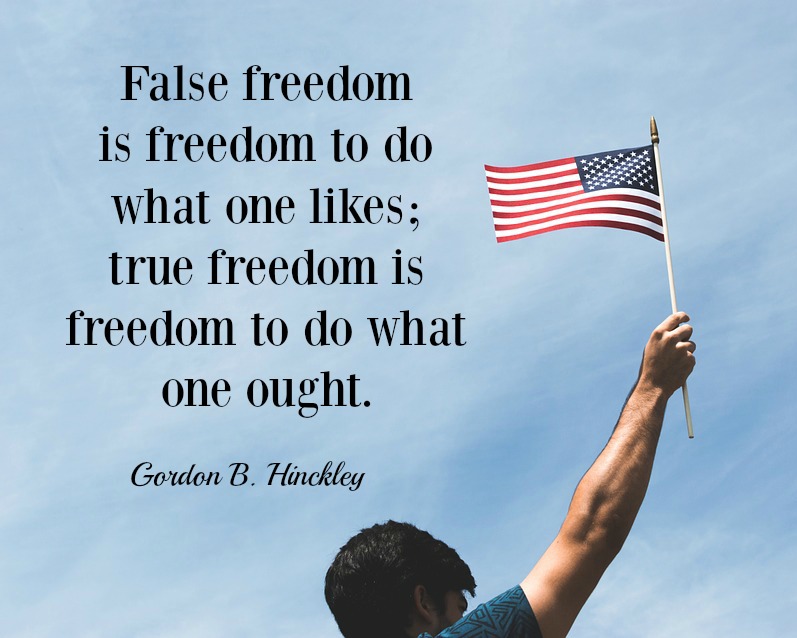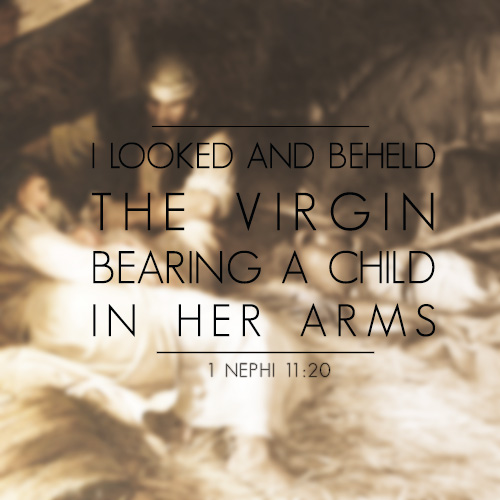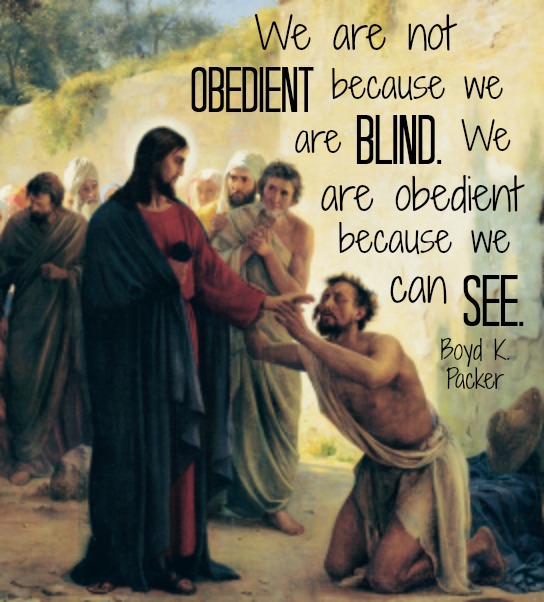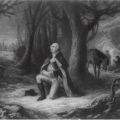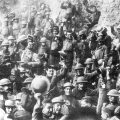The Malheur National Wildlife Refuge in rural Oregon appears to be well-named. A French word meaning “adversity” or “misfortune,” it is how many locals view the armed takeover of the headquarters compound in the early days of 2016 by a group of militants in a dispute with the federal government over federal land overreach, grazing rights and (possibly perceived) unjust punishments of two men convicted of arson on federal land. It is also an apt word to describe how the standoff ended for the armed militants.
Several men at the heart of the Oregon standoff are members of The Church of Jesus Christ of Latter-day Saints and cited religious convictions as one of the reasons for their actions, shining a spotlight on The Church of Jesus Christ of Latter-day Saints as well its history, scripture and some of its beliefs. Ammon Bundy said God inspired his actions. Media outlets have cited early Mormon conflicts with the federal government as rationalization for the actions of the militia members who are Mormon. (It is unclear how many are Latter-day Saints.) The Church of Jesus Christ, however, denounced the actions of the Mormon militants, saying in its statement:
While the disagreement occurring in Oregon about the use of federal lands is not a Church matter, Church leaders strongly condemn the armed seizure of the facility and are deeply troubled by the reports that those who have seized the facility suggest that they are doing so based on scriptural principles. This armed occupation can in no way be justified on a scriptural basis. We are privileged to live in a nation where conflicts with government or private groups can — and should — be settled using peaceful means, according to the laws of the land.
The militia members, however, may very well have a legitimate beef with the federal government. Food and Ag correspondent Tim Philpott of Mother Jones wrote:
… The armed and angry men behind the fiasco are pointing their rifles at a real problem. In short, the ranchers who supply the United States with beef operate under razor-thin, often negative profit margins. … It’s not hard to see why grazing rights are an issue. Ranchers’ struggle for profitability gives them strong incentive to expand their operations to increase overall volume and gain economies of scale. …
To scale up, ranchers need access to sufficient land. And in the West, land access often means obtaining grazing rights to public land through the Bureau of Land Management. Hence the bitter dispute playing out in Burns, Oregon: The ranchers accuse the federal government of ruining their businesses through overzealous environmental regulation of that public land.
Their methodology, however, is flawed. As one editorial by the Oregonian Editorial Board stated:
Bundy’s unlawful action badly politicizes a legitimate concern spanning the ideological spectrum that the government’s management of public lands is in need of review and possible overhaul.
However just the cause may be, the actions of the militants in the Oregon standoff are not. Elder Dallin H. Oaks said,
There is great strength in being highly focused on our goals. We have all seen the favorable fruits of that focus. Yet an intense focus on goals can cause a person to forget the importance of righteous means. …
This is perhaps the case here. Elder Oaks said,
There are some citizens whose patriotism is so intense and so all-consuming that it seems to override every other responsibility, including family and Church. I caution those patriots who are participating in or provisioning private armies and making private preparations for armed conflict. Their excessive zeal for one aspect of patriotism is causing them to risk spiritual downfall as they withdraw from the society of the Church and from the governance of those civil authorities to whom our twelfth article of faith makes all of us subject.
Mormon history offers a unique perspective on the situation with the government and the militia groups in Oregon—and the importance of maintaining righteousness in the pursuit of our causes.
Respect for Law and Others is Our Greatest Protection
The early days of The Church of Jesus Christ are often associated with mob violence and conflicts with government. Rather than offering an excuse to continue this behavior, the Mormon experience illustrates the terrible consequences of not respecting the law and our neighbors. Elder M. Russell Ballard said,
Our pioneer ancestors were driven from place to place by uninformed and intolerant neighbors. They experienced extraordinary hardship and persecution because they thought, acted, and believed differently from others. If our history teaches us nothing else, it should teach us to respect the rights of all people to peacefully coexist with one another.
Although the early Latter-day Saints endured much persecution and hardships, the prophets and apostles continued to preach love, respect and tolerance for others. They also preached obedience to the laws of the land. President Joseph F. Smith, who had witnessed the violence and persecution of the early Latter-day Saints, said of someone who had expressed contempt for the U.S. Constitution:
Latter-day Saints cannot tolerate such a spirit as this. It is anarchy. It means destruction. It is the spirit of mobocracy, and the Lord knows we have suffered enough from mobocracy, and we do not want any more of it. … We cannot afford to yield to that spirit or contribute to it in the least degree.
President Smith was speaking from sad experience. An essay by The Church of Jesus Christ states,
In 19th-century American society, community violence was common and often condoned. Much of the violence perpetrated by and against Latter-day Saints fell within the then-existing American tradition of extralegal vigilantism, in which citizens organized to take justice into their own hands when they believed government was either oppressive or lacking. Vigilantes generally targeted minority groups or those perceived to be criminal or socially marginal. …
The existence of community-based militias also contributed to this culture of vigilantism. Congress passed a law in 1792 requiring every able-bodied male between 18 and 45 years of age to belong to a community militia. Over time, the militias turned into the National Guard, but in early America, they were often unruly, perpetrating acts of violence against individuals or groups perceived to be opponents of the community.
The experience of the Latter-day Saints is a cautionary tale of vigilante justice—when small groups of armed men take the law into their own hands. Joseph Smith, the founding prophet of The Church of Jesus Christ, and his brother Hyrum were killed by an armed mob. A group of Mormon men were slaughtered at a place called Haun’s Mill by another group of angry men. And in Utah, an entire wagon train of immigrants were massacred by a mob of Mormon settlers. Of this terrible tragedy in Mormon history, President Henry B. Eyring said,
The gospel of Jesus Christ that we espouse abhors the cold-blooded killing of men, women, and children. Indeed, it advocates peace and forgiveness. What was done here long ago by members of our Church represents a terrible and inexcusable departure from Christian teaching and conduct. We cannot change what happened, but we can remember and honor those who were killed here.
And we can remember the tragic consequences that can result when we seek to use violence to try to obtain what we think is right. Obedience to law is not only one of the tenets of our faith, it is a protection for us. President Smith said,
Let us do right, keep the laws of God, and the laws of man, honor our membership in the kingdom of God, our citizenship … in the nation of which we are a part, and then God will sustain and preserve us. …
If patriotism and loyalty are qualities manifested in times of peace, by just, temperate, benevolent, industrious and virtuous living; in times of trial, by patience, resistance only by lawful means to real or fancied wrongs, and by final submission to the laws of the land, though involving distress and sorrow; and in time of war, by willingness to fight the battle of the nation,—then, unquestionably, are the “Mormon” people patriotic and loyal.
From the beginning, Mormons believed in obeying the laws of the land. They were not always protected from persecution and mob violence, but they were blessed by the Lord. Elder Ballard said,
The early years in the history of The Church of Jesus Christ of Latter-day Saints were years of great testing. Leaders who survived these early days … were perhaps thereby enabled to survive the almost insurmountable trials of crossing the plains and establishing the Church in the Rocky Mountains. … We owe much to the pioneers and must never forget that the success of today is built upon the shoulders and courage of the humble giants of the past.
Speaking of our faithful pioneers, President Gordon B. Hinckley (1910–2008) said: “It is good to look to the past to gain appreciation for the present and perspective for the future. It is good to look upon the virtues of those who have gone before, to gain strength for whatever lies ahead. It is good to reflect upon the work of those who labored so hard and gained so little in this world, but out of whose dreams and early plans, so well nurtured, has come a great harvest of which we are the beneficiaries. Their tremendous example can become a compelling motivation for us all, for each of us is a pioneer in his [or her] own life.”
From the persecutions and hardships that the early Latter-day Saints suffered came an unfailing desire to follow the Savior, Jesus Christ, in all things—and to build up the peaceable kingdom of God on the earth.
The Importance of Voting in Elections
This is an election year, and if the Malheur Wildlife Refuge standoff highlighted one thing for me, it is the importance of voting. We need to study up on the issues and then vote for the candidate we feel is the best one for the job. This is an essential aspect of our civic duty. Elder Dallin H. Oaks said,
I have been alarmed at the steady decline of voter turnout in many parts of the United States, including Utah. Voting is a fundamental right and responsibility that must not be taken for granted. Political participation can be inconvenient. It requires sacrifices of time and resources, but it is essential to our democratic society. Without substantial voter turnout, the people abrogate the great fundamental of popular sovereignty.
John W. Welch, at the time a professor at BYU’s J. Rueben Clark Law School, said,
Rights and duties go hand in glove with each other, for with all rights come duties. I think this is because with all rights come powers and privileges, and with powers and privileges come duties. …
But this is decidedly not the way people usually think about rights. The world usually thinks that, because I have a right, someone else has a duty, namely to protect or fulfill my right. While that is true enough, at the same time, if I claim a right, power, or privilege, I also acquire a duty as its necessary flip side.
I have no doubt that the 20th century will go down in history as the century of rights: voting rights, workers’ rights, civil rights, human rights, privacy rights, disability rights, and many more. With these rights in place, I can only hope that the 21st century will someday go down in history as the century of duties: civic duties, human duties, fiduciary duties, religious duties, environmental duties, and duties to future generations. I yearn for the day when we will have a Bill of Duties to go with our Bill of Rights. … How many rights can the world support without all people assuming commensurate duties? The point is not to take rights away but to recognize the duties that are inherent in those very privileges.
It is our privilege to live in a country in which we have the freedom to vote in elections, run for a government office and participate in how our community runs. The early Latter-day Saints understood the importance of exercising their civic duty and voting. It was also part of the reason that they were driven from state to state, but they would not be deterred. They firmly believed in the Constitution and in the United States. Even after they arrived in the Salt Lake Valley, they honored their country. President Boyd K. Packer said,
On July 24, 1849, the Saints had been in the valley two years to the day. They finally were free from years of mobbing and persecution. That called for a great celebration. … With almost nothing to work with, they determined that the celebration would be a grand expression of their feelings.
They built a bowery on Temple Square. They erected a flagpole 104 feet (32 m) tall. They made an enormous national flag 65 feet (20 m) in length and unfurled it at the top of this liberty pole.
It may seem puzzling, incredible almost beyond belief, that for the theme of this first celebration they chose patriotism and loyalty to that same government which had rejected and failed to assist them. What could they have been thinking of? If you can understand why, you will understand the power of the teachings of Christ.
Citizenship Requires Us to Stay Informed and Involved
Being a good citizen does not mean sitting idly by while the government does what it will. In the United States, being a good citizen means being involved and staying informed—within the bounds of the law. Elder L. Tom Perry said,
… All members of the Church should be committed to obeying and honoring the laws of the land in which they live. We should be exemplary in our obedience to the governments that govern us. The Church, to be of service to the nations of the world, must be a wholesome influence in the lives of individuals who embrace it, in temporal as well as spiritual affairs. …
As Church members, we live under the banner of many different flags. How important it is that we understand our place and our position in the lands in which we live! We should be familiar with the history, heritage, and laws of the lands that govern us. In those countries that allow us the right to participate in the affairs of government, we should use our free agency and be actively engaged in supporting and defending the principles of truth, right, and freedom.
This requires active participation on our part. Lawrence C. Walters, at the time a professor in the BYU Romney School of Public Management, said,
Active engagement in the functioning of government and in addressing community concerns is an inherent responsibility of our citizenship and demands our best efforts. …
This is a weighty thought—that we are each personally responsible for our society…. We are each accountable for the quality of governance in our communities and nations. But we are not asked to bear this responsibility alone. Our lives are interconnected with others’. Our capacities are enhanced and our possibilities expanded through cooperation and collaboration. Because of our shared responsibility and because we are so much more effective together than we are individually, as active citizens we must actively engage with others.
We must cultivate the ability to participate in collective reasoning…. Such reasoning involves joining with others to identify issues and concerns, giving and receiving information, and taking counsel together. In this process citizens actually listen to others with a desire to understand their views. They ask questions they don’t know the answers to. They respect others, and they respect the decision process.
Taking over a national wildlife refuge by force is not in the spirit of good citizenship. While there may be real issues and concerns regarding federal land policy and governance, these issues can’t be addressed when the federal government is trying to protect its citizens from armed intruders. Rather than creating a dialogue, it is inhibitive of it. Professor Walters said,
There is no question that serious deliberation with people we don’t agree with can be slow and frustrating—especially if we want the Lord’s help, because then we have to get rid of all those unkind thoughts so that the Spirit can be unrestrained. My experience suggests that we make much more progress when we put aside the idea that people who don’t agree with us are ignorant of the facts, stupid, or evil and focus instead on what we have in common. Whether in the kingdom or in our society, active citizens must strive to synthesize and reconcile conflicting views, values, and priorities. This is not easy to do, even in the Church. It requires that we place the well-being of all on an equal footing and that we always balance the common good against individual claims.
The federal land use issue isn’t an easy one. There are many competing interests for the use of it. We live in a small mountain community in Idaho—a state where about half of the land is under federal control. There are ranchers, skiers, snowboarders, snowmobilers, hikers, bikers, horseback riders and ATVers (just to name a few) all vying to use the same areas. It takes compromise, an open dialogue and a lot of work to address these issues. It also takes responsible citizens who are willing to obey the laws of the land—even if they don’t like them or agree with them. Working together for the good of all is what makes America great. Taking the law into our own hands undermines this effort. This is what Mormon history has taught us.

